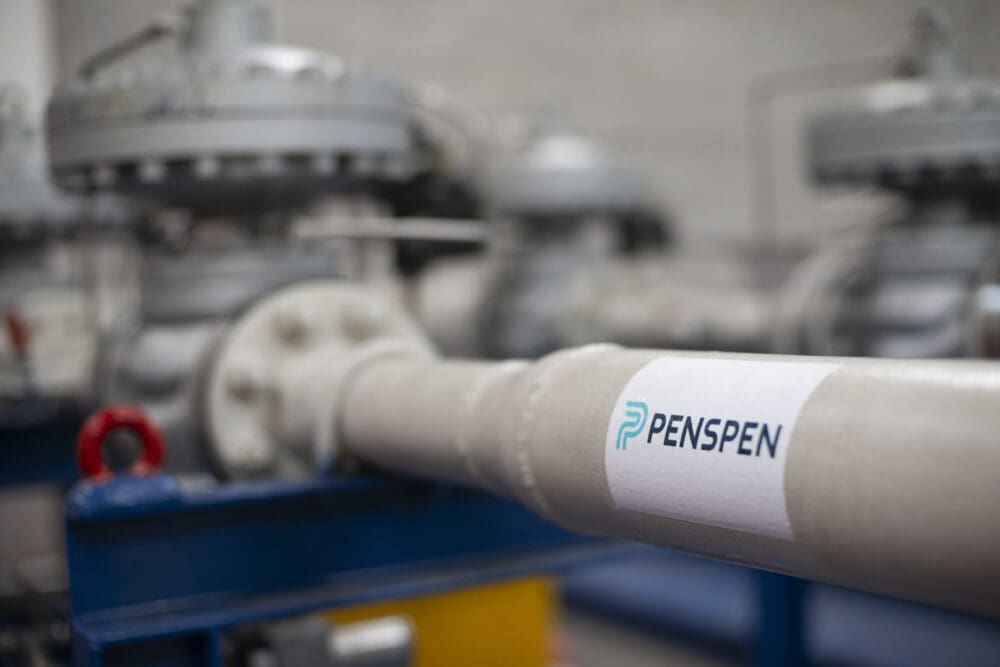Risk-Based Inspection (RBI) has proven to be one of the most profitable maintenance methodologies to date, but some pitfalls can reduce the overall effectiveness of the performed inspection. However, by addressing certain points within the process, energy companies can expand their project quality, allowing them to complete projects on time as well as improving the general standard of their RBI assessments.
Recognising the full scope of work
The scope of work is the base for an RBI and it guides the process. It’s imperative to hold a detailed extensive discussion about the scope and have a clear inspection strategy to boost the chances of success. It is important to know from the beginning what the desired goal will be, whether that is a financial benefit or inspection optimisation – this helps the inspection team not only select which RBI model to use, but also lose sight of the targets and anticipated results.
Maintaining a standard of data quality for documentation
Data collection is a simple but fundamental component in the RBI assessment which has a direct influence on the final product. The organisation and prioritising of data will help reduce the likelihood of errors. Large quantities of data and excess data need to be tailored specifically to the engineer conducting the review to provide accurate data analytics. It’s also important to note that this data needs to be provided on time, so not as to affect the pacing of the inspection which could result in increased costs and reworking.
Defining a complete risk model strategy
The objective is to follow a consolidated and comprehensive risk strategy across the enterprise. Every facility type is different, and it is well understood that each facility can have its consequences of failure (COF). Establishing a correct profile for the facility conducting the assessment will help develop the risk strategy needed to optimise inspection procedures.
Hire a qualified team
The RBI team needs to be qualified to not only carry out the scope of work effectively and efficiently but also needs to have designated members that will manage the project quality, time, and execution. Facility operators must also provide team members with quality data & documentation, a comprehensive inspection strategy, and any procedures or training necessary to help them achieve safer, more reliable operations. The employment of a select team will help accurately rank critical assets and suggest actions for reducing and mitigating the potential for long-term damage.
Contact Our Integrity Experts
"*" indicates required fields






